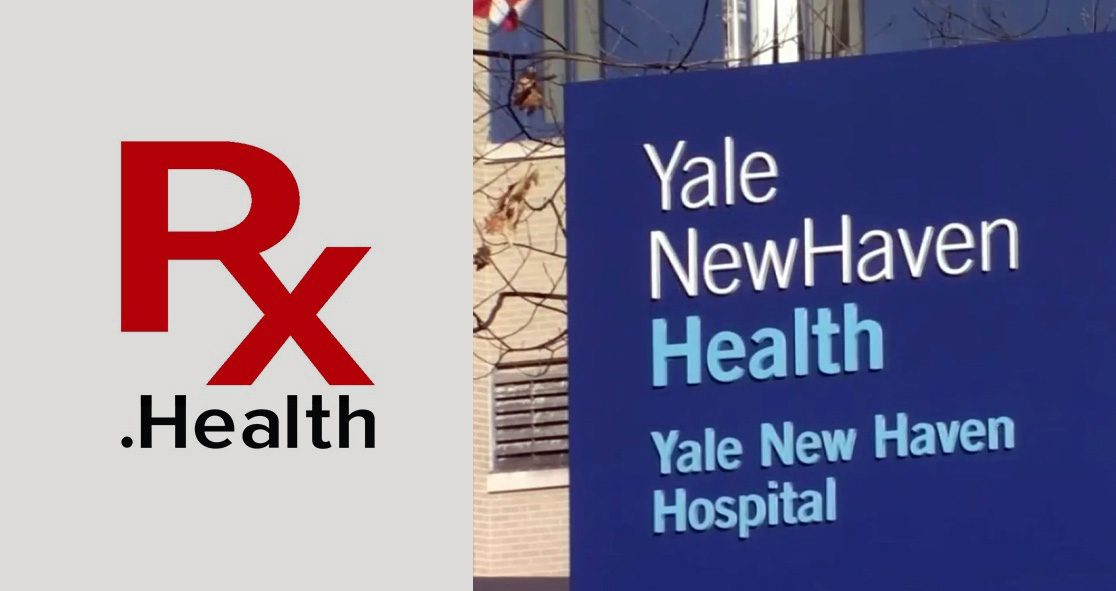On Thursday, Rx.Health, a digital health prescription platform, announced an expanded partnership with Yale New Haven Health (YNHH) to provide a system-wide unified messaging platform, improving care coordination and patient engagement, according to MedCity News.
YNHH is one of the nonprofit healthcare systems with headquarters in New Haven, Connecticut. It is the state’s largest healthcare system with more than 2,400 beds and includes hospitals, physicians, and other health services throughout Connecticut, New York, and Rhode Island.
Rx.Health has been working with YNHH for several years, starting in its gastroenterology department. It helps patients to engage digitally before colonoscopies so that they can be well prepared for the procedure, reducing canceled colonoscopies and improving patient satisfaction.
Matthew Zawalich, Director of Clinical Imaging Technology at YNHH, said in a telephonic interview, “The reason we established this partnership with Rx.Health was really to create a unified strategy around how we engage and communicate with our patients.”
“I would say currently we have a disparate set of solutions that aren’t always in alignment with one another,” he added.
Rx.Health enables Take New Haven Health to manage all its communications via its EPIC electronic health record, where the platform is embedded.
The platform was created to help physicians to adopt validated digital health tools, provide everything from online scheduling, surveys and screening, telehealth, and mobile apps, as well as two-way text messaging and chatbots to prescribing digital therapeutics.
Zawalich said, “Better coordinating messaging and digital engagement between the provider and patient is not only more efficient for the organization, it also helps reduce confusion for the patient. A patient who has multiple appointments at YNHH and is overwhelmed or confused by messages from different sources may not be prepared for a doctor’s visit and could miss an appointment.”
DeepDyve, a commercial website that sells access to scientific and scholarly articles from a large range of academic publishers, developed a new tool that can help researchers who are not affiliated with an academic library.
“That is another one of the aims here is to try to resolve some of those issues that result in either cancellation or no-shows of appointments because we did not effectively communicate with the patient related to what they needed to do to be ready for their appointment,” Zawalich explained.
Richard Strobridge, CEO of Rx.Health, said in a telephonic interview, “We have been supporting them all through COVID as they ramped up their telehealth program. We’re supporting outreach to over 5,000 telehealth patient visits per day for them.”
“They saw what we could do to use our automation capability to make their processes more efficient and more streamlined, especially as patients were really starting to learn about telehealth,” he added. “And now, of course, we know telehealth is here to stay.”
However, Strobridge believes that Rx.Health is optimally positioned for the next stage of digital health, as it automates and unifies the experience of a digital front door for patients. He said, “So we’re really finally extending the reach of the institution well beyond the walls of the institution, and providing better care because of it.”





















